What is the Myrcene Terpene?
Myrcene is one of over 120 terpenes identified in the cannabis plant. It is the plant's most abundant terpene, hence, the name "the mother of cannabis terpenes." It is a major component of cannabis essential oils occupying up to 65 percent of the total terpene concentration. Myrcene is the most predominant terpene in modern cannabis cultivars. It can undergo photo-oxidation to form “hashishene," a terpene found in hashish.
Myrcene is highly concentrated in plants belonging to the Cannabaceae family. This includes hops, cannabis, and over 160 species of other plants. It is responsible for the earthy and musky aroma of cannabis. It is also considered the major contributor to pot smell and has been widely utilized in beer (cannabis beer, anyone?). It is the secret behind the unique smell of thyme and lemongrass.
Like every other terpene in the cannabis plant, myrcene was identified to possess some therapeutic potentials, which may generally contribute to the overall effects of cannabinoids. Some researchers believe myrcene plays a critical role in promoting the sedative effects of cannabis strains. People who have used strains rich in myrcene are most likely to experience improved sleep and reduced anxiety. These claims are, however, subject to more research.
As the most abundant terpene in the cannabis plant, myrcene also plays a critical role in synergizing the activity of other terpenes and cannabinoids. Consider myrcene as a force that binds cannabinoids and terpenes together.
What Good Does Myrcene Do?
Although the myrcene terpene does not interact with cannabis receptors, it was observed to possess several therapeutic potentials, some of which can come in handy in the future development of medications. These potential therapeutic benefits include but are not limited to the following:
May reduce inflammation
Myrcene possesses an anti-inflammatory effect that may be useful in multiple sclerosis and other chronic inflammations.
High concentrations of myrcene may help alleviate inflammation-induced pain and symptoms. This activity was observed in a 2015 study. The study discovered how high concentrations of myrcene might reduce the effects of inflammation in diseases like Crohn’s disease, irritable bowel disorder (IBD), and the progression of osteoarthritis.
As a team player and active contributor to the entourage effect, myrcene can combine with other terpenes like limonene and beta-caryophyllene to potentially reduce cartilage destruction. This may be useful for people dealing with osteoarthritis.
Preventing the spread of cancer?
While cancer is relatively hard to treat, many phytochemical (plant-based chemicals) agents can limit how they spread in the body. Some of these chemicals, like terpenes, cannabinoids, and flavonoids, have been widely researched by scientists.
Myrcene is one of the few terpenes that possess this activity, even though most research data points to laboratory experiments and not real-life events.
A group of Korean scientists in 2015 reported the cytotoxic effect of myrcene on breast cancer. Their research discovered that myrcene could limit the spread of human breast cancer.
The anti-tumor property of myrcene was also reported against oral cancer in a 2022 research paper. According to the paper, myrcene suppressed the spread of oral cancer cells. This may serve as an important addition to cancer treatment or management.
There are also reports on how myrcene may limit the spread of lung cancer cells by inducing cellular death (apoptosis) and oxidative stress.
Pain relief
Some scientific studies point to myrcene's possible role in pain relief. While myrcene may be a powerful terpene, its analgesic property is promoted when mixed with other cannabinoids like CBD. This was observed in a 2022 report.
Antioxidant
Antioxidants help to protect the cells from oxidative damage caused by free radicals or dangerous molecules that can cause diseases such as cancer. Also, they have a helpful effect on external health, like the signs of aging. The antioxidant effect of myrcene and other terpenes may reverse the signs of aging and skin-related conditions.
A study published in the American Journal of Chinese Medicine shows that myrcene may potentially protect against skin aging. The study explained how myrcene might form a protective layer on the skin when used in topical products. This helps to reduce damage from UV radiation.
Sedative effects
Research published in the journal of Phytomedicine showed that myrcene could produce a sedative effect in extremely high doses (up to 200mg/body weight of mice). This effect is, however, improved when combined with other compounds like beta-caryophyllene, limonene, and CBD.
Are there any potential side effects?
Although myrcene may have beneficial properties when used in skincare products, direct contact with raw myrcene may lead to skin irritation. This is, however, not common with many skin types.
Swallowing or inhaling myrcene directly may be dangerous or severe. Some study has associated myrcene with a higher risk of cancer, but with inconclusive evidence.
The potential side effects of myrcene may include sleepiness or a stronger psychoactive response when combined with other products. Myrcene may intensify the psychoactive effect of THC and other psychoactive cannabinoids.
Myrcene’s interaction with other cannabinoids
There are a lot of controversies around the entourage effect and to what degree terpenes affect the behavior of cannabinoids and their impact. While certain studies suggest that myrcene may act alongside CBD and THC to enhance their effects, others suggest that myrcene does not affect cannabinoids entirely.
The interaction between terpenes and cannabinoids in the body is very complex. The endocannabinoid system (ECS) entails different signaling pathways to communicate with. Thus, because terpenes do not always work on a particular line of communication, it does not imply they won't work on another. Also, terpenes can work on many other receptor systems, including serotonin and dopamine.
There are speculations on how myrcene may increase the absorption of cannabinoids like THC and lead to greening out. This is evident in the interaction between cannabis and beer. There are also speculations on how consuming mangoes may affect your overall cannabis experience.
Myrcene can increase the permeability of the blood-brain barrier and cause a quicker absorption of THC and other psychoactive cannabinoids. This may lead to an intensified high, thus leading to prolonged psychoactive effects.
Myrcene is also found in other food and beverages, such as:
- Guava
- Parsley
- Mango
- Lemongrass
- Sweet basil
- Thyme
- Cardamom
- Bay leaves
- Juniper essential oils
Cannabis Strains High in Myrcene
Because the myrcene terpene is the most abundant terpene in cannabis, there is no scarcity of myrcene-dominant weed strains to select from. Below are cannabis strains with high levels of myrcene:
- ACDC
- Banana Kush
- Blue Dream
- Critical Mass
- Grape Ape
- Granddaddy Purple
- Harlequin
- Jillybean
- OG Kush
- Remedy
- Skunk XLThin Mint Cookies
- White Widow
- 9 Pound Hammer
Need a little more Bluntness in your life? Subscribe for our newsletter to stay in the loop.
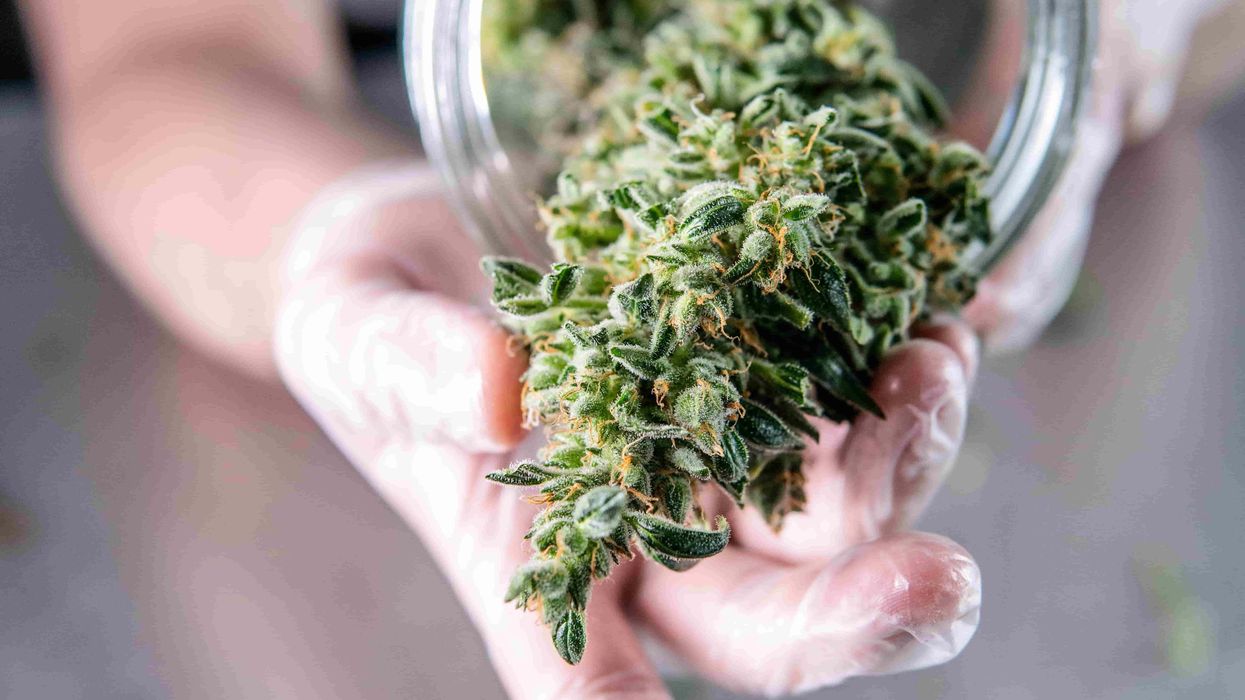






 11 Signs You've Greened Out and How to Handle It - The Bluntness
Photo by
11 Signs You've Greened Out and How to Handle It - The Bluntness
Photo by  11 Signs You've Greened Out and How to Handle It - The Bluntness
Photo by
11 Signs You've Greened Out and How to Handle It - The Bluntness
Photo by 






 The Truth About THC Candle: Cannabis Candles & How to Make Your Own - The Bluntness
Photo by
The Truth About THC Candle: Cannabis Candles & How to Make Your Own - The Bluntness
Photo by 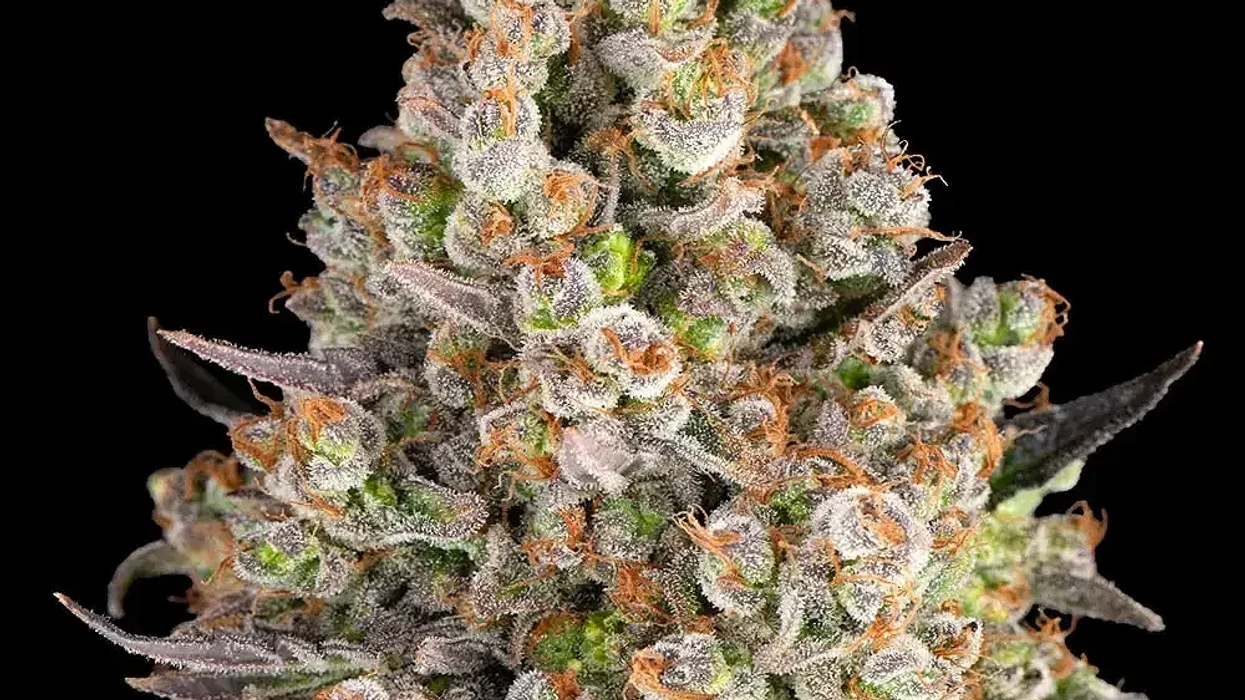
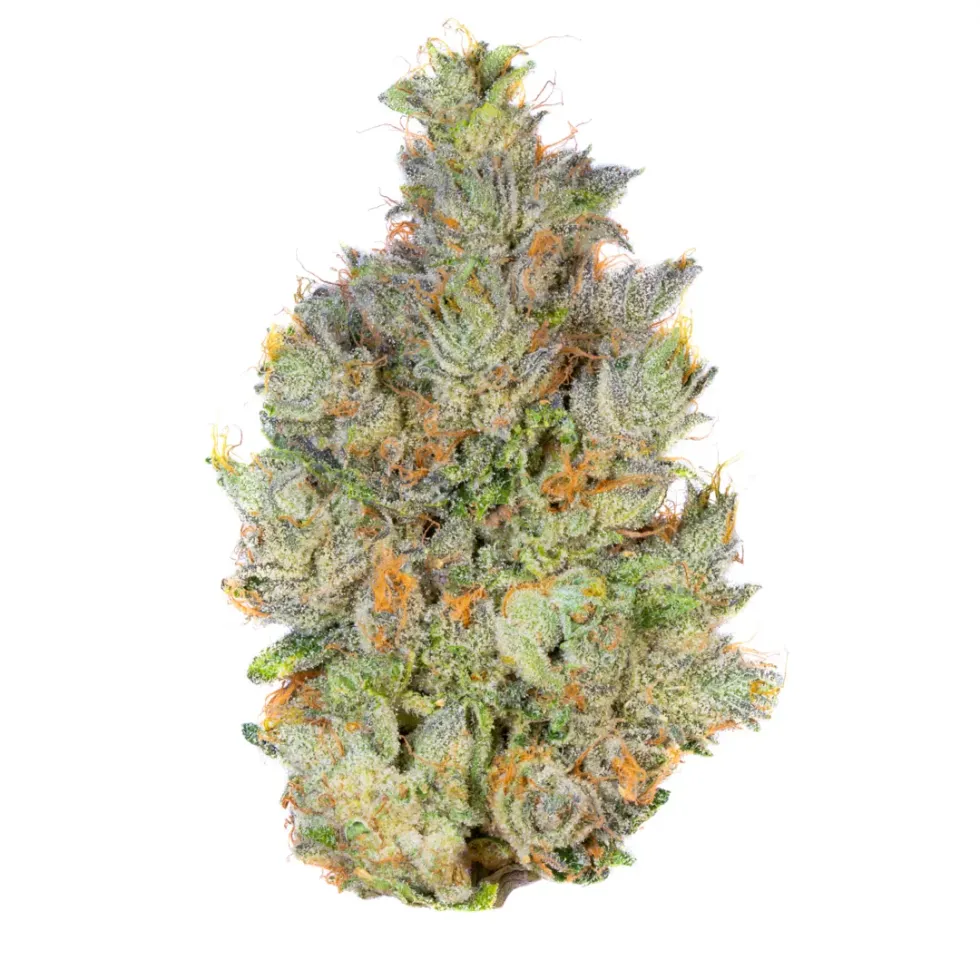 OG Kush Strain: The West Coast Classic That Defined a Generation - The BluntnessAlien Labs
OG Kush Strain: The West Coast Classic That Defined a Generation - The BluntnessAlien Labs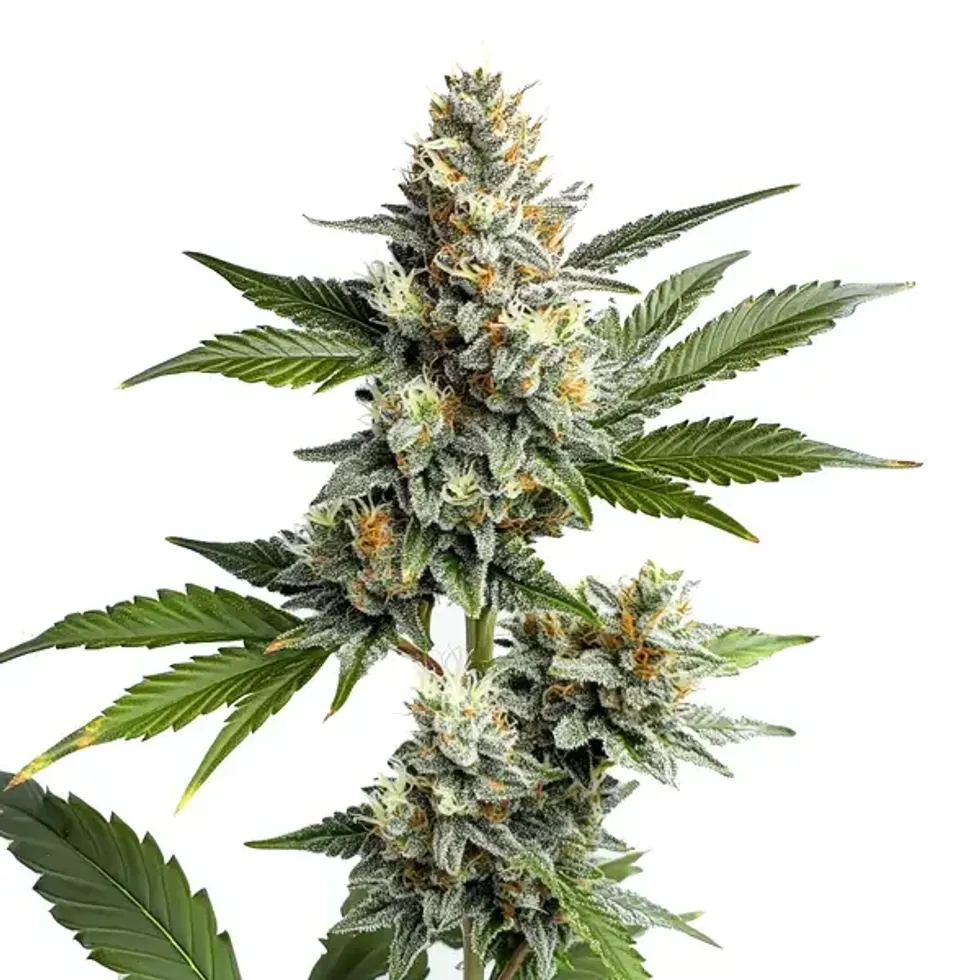 OG Kush Strain: The West Coast Classic That Defined a Generation - The Bluntness
OG Kush Strain: The West Coast Classic That Defined a Generation - The Bluntness
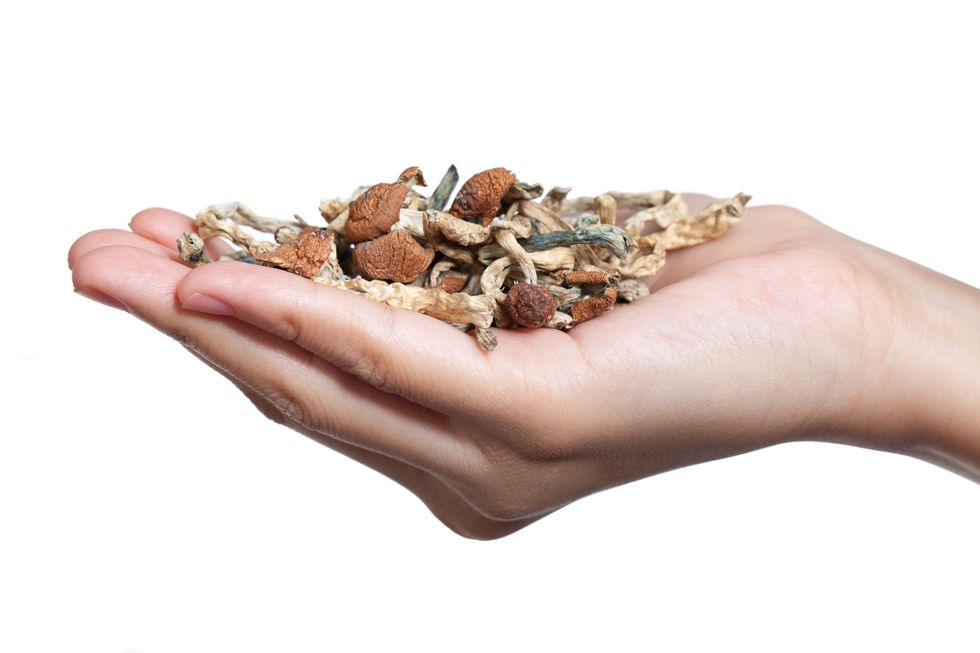 How to Make Mushroom Tea - The Bluntness
null
How to Make Mushroom Tea - The Bluntness
null
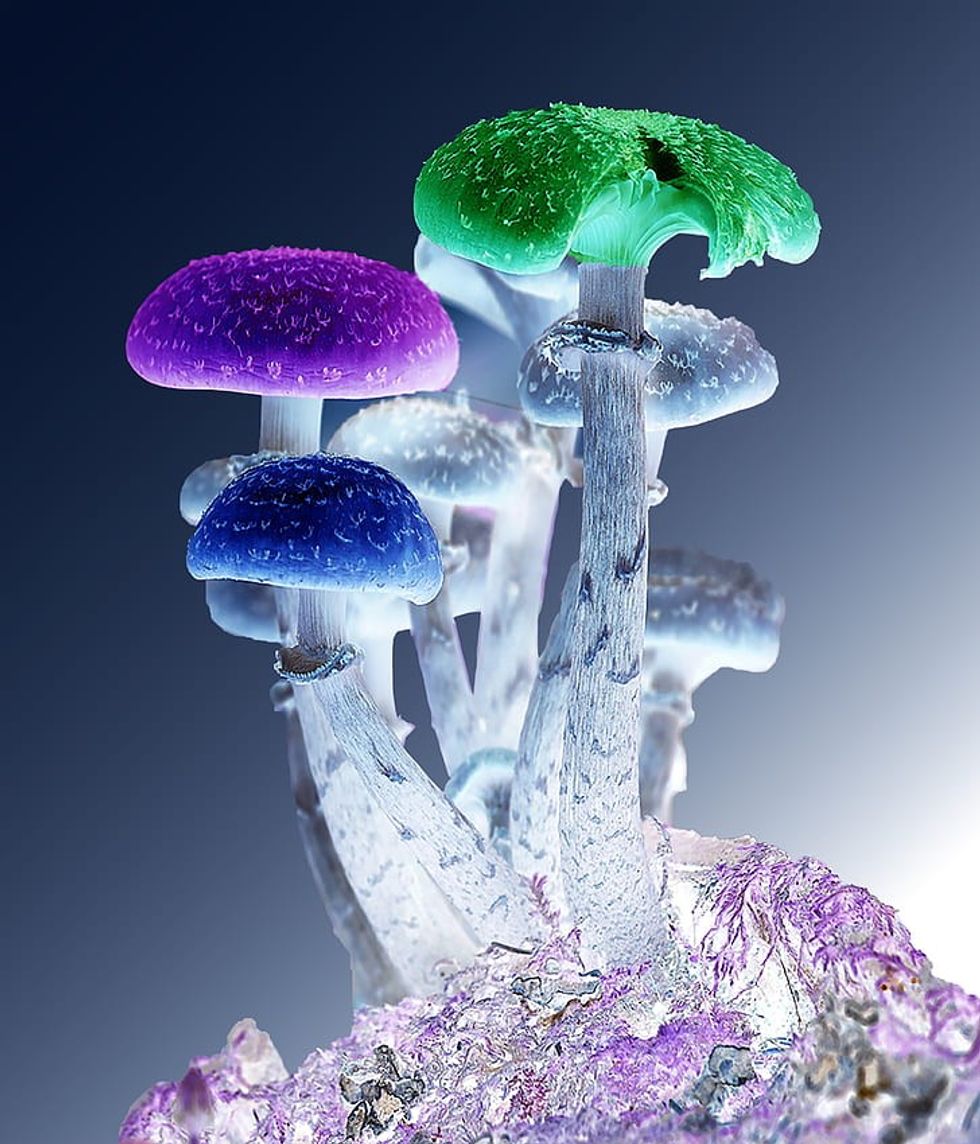 How to Make Mushroom Tea - The Bluntness
www.pickpik.com
How to Make Mushroom Tea - The Bluntness
www.pickpik.com

 What will you do with that cannabis kief collection? - Make Coffee! The Bluntness
What will you do with that cannabis kief collection? - Make Coffee! The Bluntness DIY: How to Make Kief Coffee - The Bluntness
Photo by
DIY: How to Make Kief Coffee - The Bluntness
Photo by